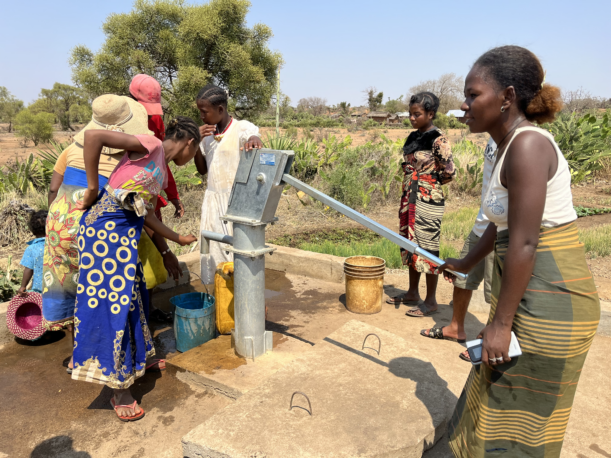Madagascar is struggling to cope with the negative effects of climate change, which is affecting the southern part of the island the hardest. The last few years have seen endless drought. The rainy season is becoming shorter and more unpredictable. What is certain is the cyclones that cause devastation in a few days, which are then removed over months and years.
Meeting basic needs is very difficult in these conditions. There is not enough water for drinking and cooking – one has to walk many kilometers to fetch it. There is not enough of it to grow vegetables, and even if you manage to plant crops it is very difficult to maintain them. These and other factors, including external ones, have led to rising food prices.




